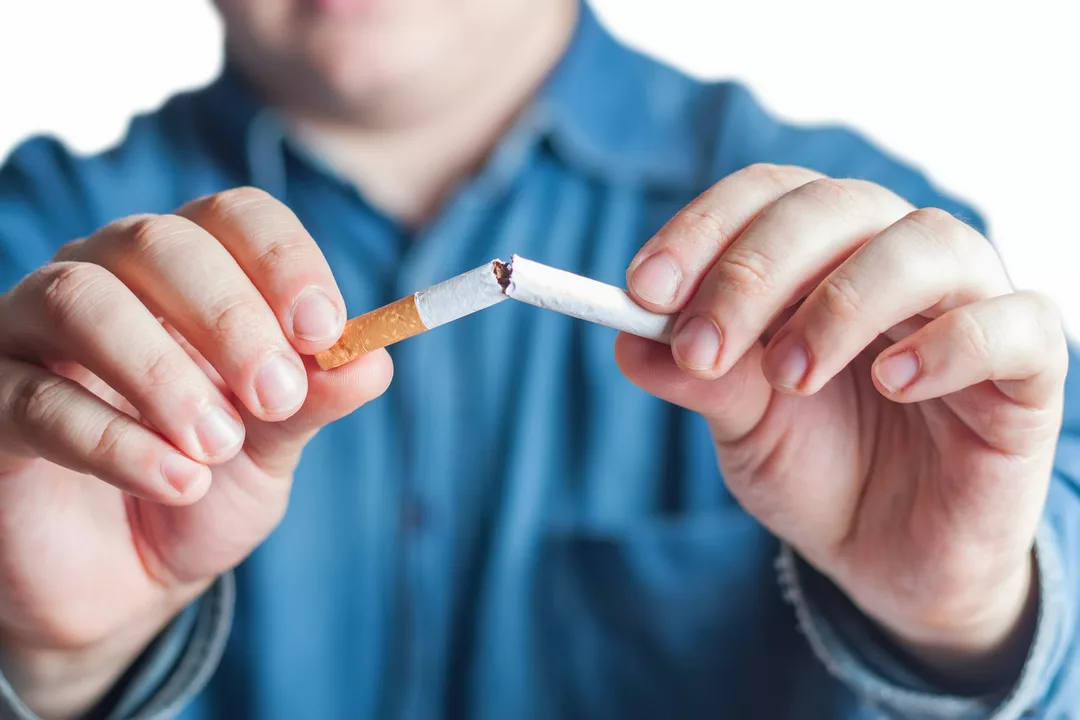Quit smoking
You already know smoking harms your health, but quitting is still the smartest single thing you can do for your body. This page gives fast, practical steps that work and keeps things real - no sugarcoating. Follow these tips and pick the approach that fits your life.
Think like a plan, not a wish. Set a quit date within two weeks and tell a few people you trust. Remove cigarettes, lighters, ashtrays, and any triggers from your home and car the night before. Apps and a simple calendar help you track smoke-free days and celebrate wins. Don't aim for perfection; aim for progress.
Nicotine replacement and medicines can cut cravings and double your chances of quitting. Patches, gum, lozenges, inhalers, and nasal sprays replace nicotine slowly or quickly so withdrawal is easier. Prescription options like varenicline (Chantix/Champix) and bupropion (Zyban) change brain chemistry to reduce cravings and withdrawal. Talk to your doctor or pharmacist about which option fits your medical history. If you buy meds online, use verified pharmacies and keep the prescription. Our site covers safety tips for ordering medications.
Use small practical tricks to survive the first tough days. Delay lighting up for ten minutes when cravings hit. Sip water, chew gum, or take five slow breaths. Change routines tied to smoking: if you smoked with coffee, try tea or go for a short walk instead. Practice saying no out loud so social pressure feels easier. Keep sugar-free snacks handy for oral cravings.
Build a support team. Tell friends, family, or coworkers what you need: encouragement, fewer smoke breaks together, or someone to call when cravings spike. Join local groups or online forums where people share tips and honest setbacks. Behavioral support with a counselor or quit coach improves your chance of success, especially when combined with medicine.
Handle setbacks without giving up. Slip-ups happen - a cigarette does not erase your progress. Learn what triggered the lapse and plan a different response next time. If one quit attempt fails, treat it as practice. Many people need several tries before staying smoke-free for good.
Track health wins to stay motivated. After 24 hours your carbon monoxide levels drop. Within weeks your circulation and lung function improve. Money saved adds up fast - put it in a jar or a savings app to watch progress. Celebrate milestones with a small reward that matters to you.
If you're pregnant, have heart disease, or take certain medicines, check with a health pro before using nicotine replacement or stopping suddenly. You can also ask a pharmacist about interactions and safe options.
Want tailored advice? Our articles and guides cover medications, online pharmacy safety, and local services. Pick a plan, get support, and keep trying. You can quit.
Check our page for quit smoking to find step-by-step guides, medication reviews, and safe online pharmacy tips. If you want, ask a pharmacist online for quick advice about dosing or side effects. Small changes add up - start today and give yourself credit for every smoke-free hour.
Formoterol and Smoking Cessation: What You Need to Know
As a blogger, I recently came across the topic of Formoterol and smoking cessation, which I think is important to share with you all. Formoterol is a long-acting bronchodilator that is mainly used to treat asthma and other respiratory conditions. What caught my attention is the potential of Formoterol to help with smoking cessation. Studies have shown that this medication may reduce cravings and withdrawal symptoms in people who are trying to quit smoking. If you or someone you know is struggling with quitting, it might be worth discussing this option with a healthcare professional.
© 2026. All rights reserved.

